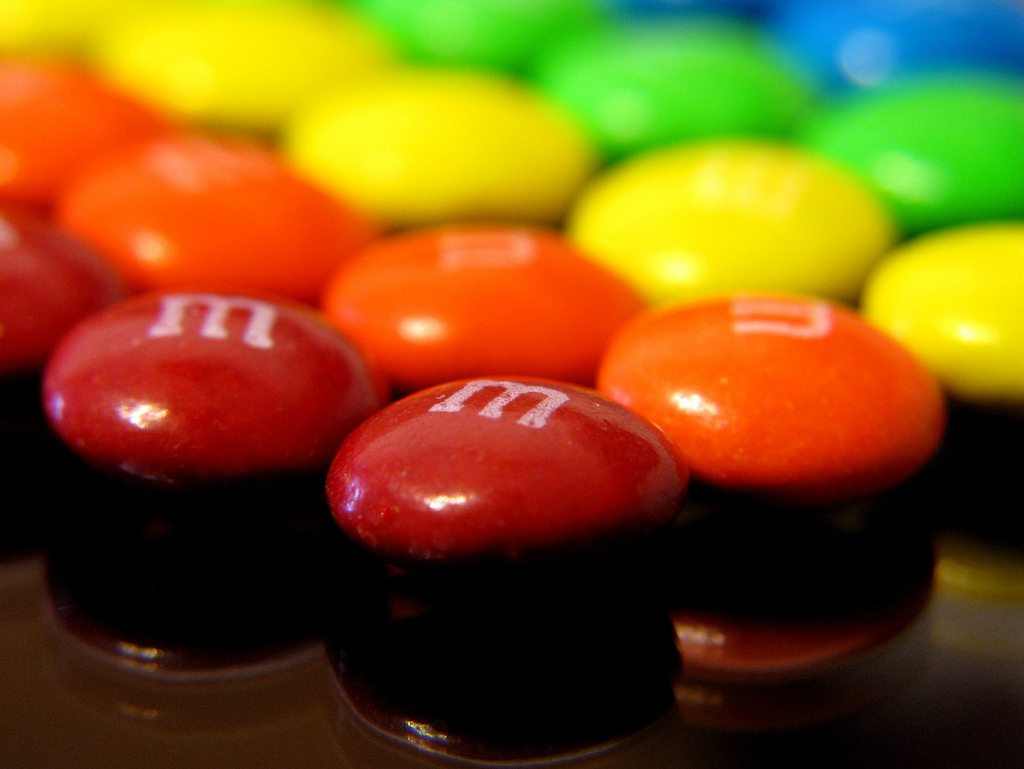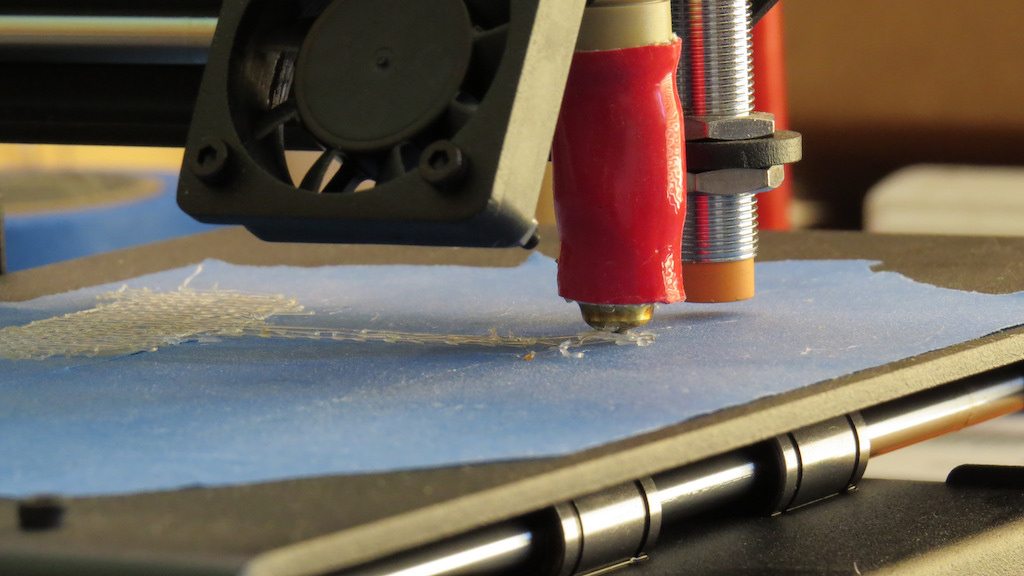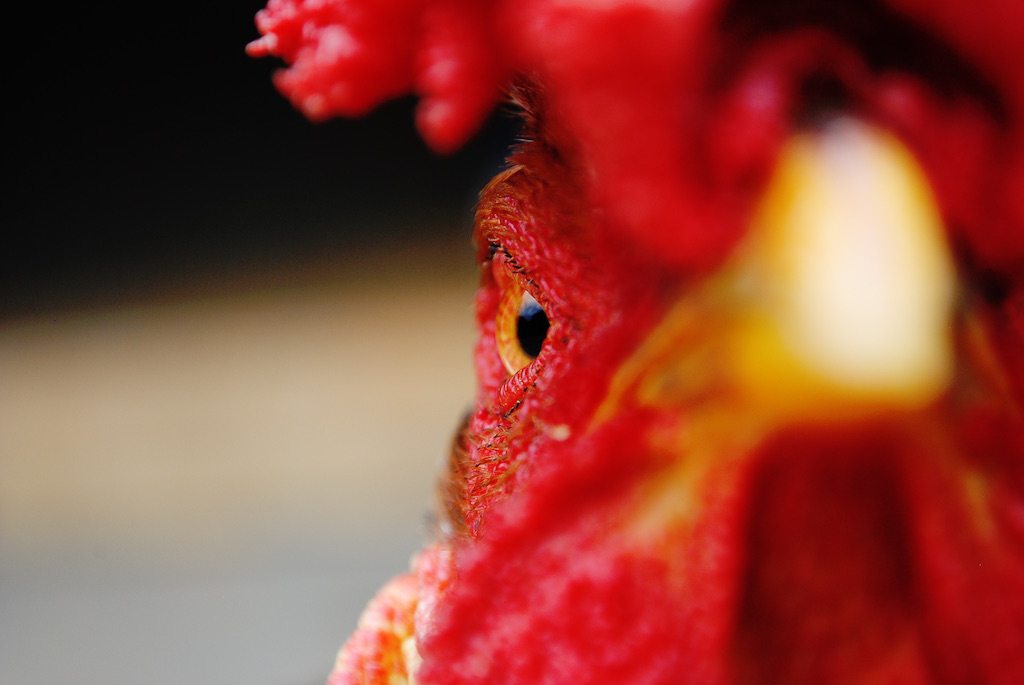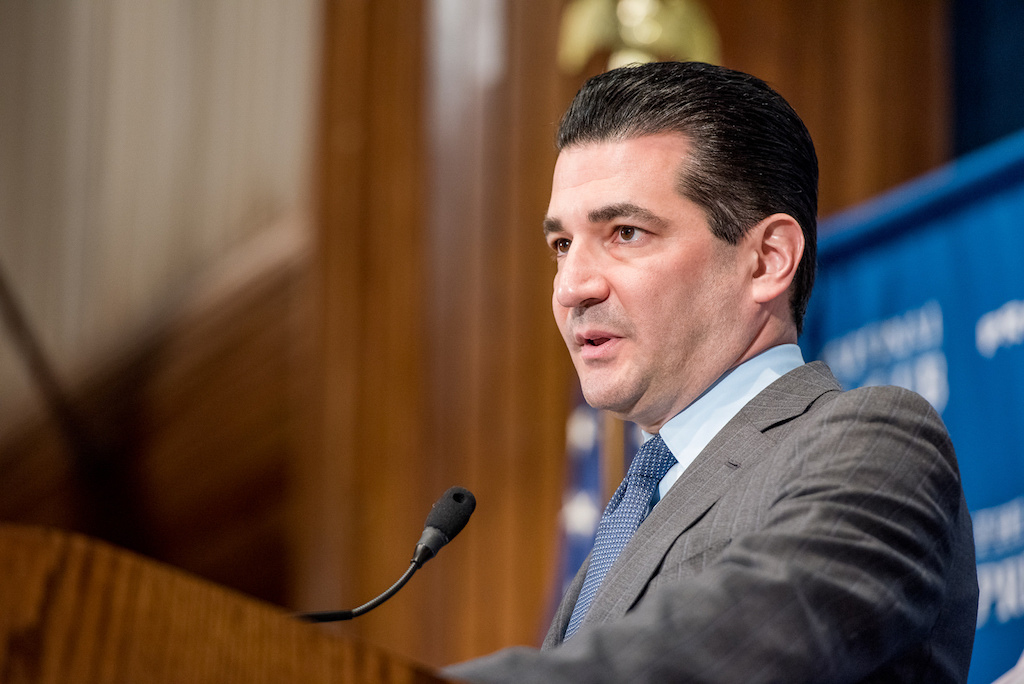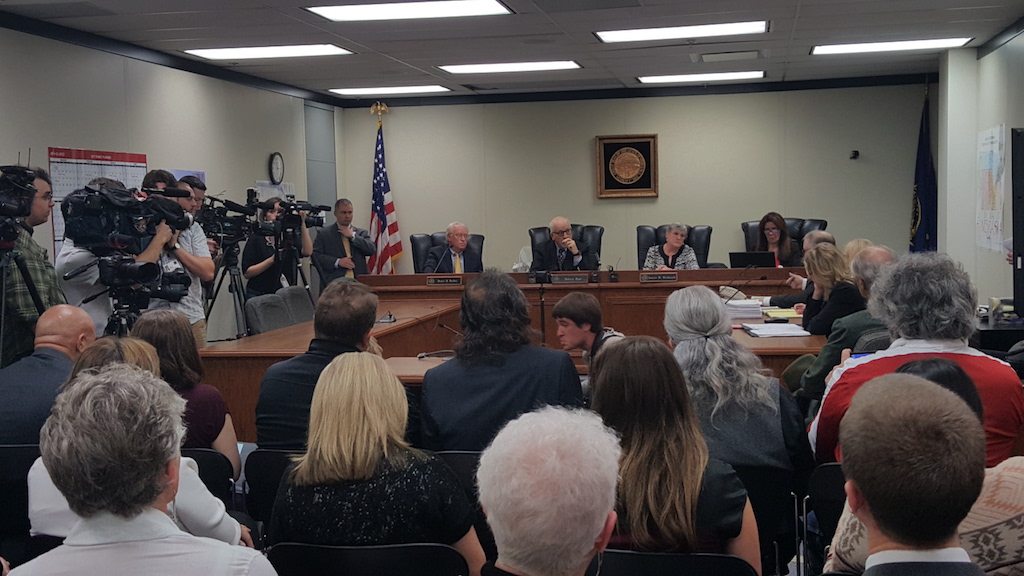Follow-up: Sugar-coated science. In our December 20th newsletter, we published a bit about the controversial new study challenging conventional wisdom about sugar intake. Too much sugar might be bad, the study’s authors argue—but the existing recommendations about how much sugar we should eat aren’t based on good science.
We weren’t the only ones who pointed out that this paper, which seeks to discredit existing nutritional guidelines, was funded by the International Life Sciences Institute (ISLI), an industry group supported by the likes of Coca-Cola, McDonald’s, and Kraft. “This is a classic example of industry-funded research aimed at one purpose and one purpose only: to cast doubt on the science linking diets high in sugars to poor health,” nutrition watchdog Marion Nestle told NPR.
Since we first wrote, more has come out about just how compromised the study really is. According to an investigation by the Associated Press on December 21st, the paper’s authors did not properly disclose other industry-linked sources of influence. Though the authors stated in the study that they “wrote the protocol and conducted the study independently from ILSI,” it turns out that ILSI not only proposed the idea and scope of the research, but they reviewed a draft and requested revisions. And that’s not all: a co-author who helped draft the proposal did not disclose a $25,000 grant from Coca-Cola. This is especially galling when you consider one of the study’s main criticisms: that nutritional guidelines aren’t transparent enough about funding.
Sneaky? Yeah. Surprising? Not so much. But here’s what is surprising: Mars Inc., the candymaker behind M&Ms and Snickers, and a prominent supporter of ISLI, has also come out against the study. In the AP story, a company spokesman acknowledged that of course people need to limit sugar intake, and that such clearly biased findings give all industry-funded research a bad name.
“Mars continues to support the WHO and U.S. Dietary Guidelines recommendation to limit added sugar to no more than 10% of daily calorie intake. We question the conclusions of the latest ILSI-funded study questioning these recommendations,” said Jonathan Mudd, Mars’ global director of media relations, in a statement to New Food Economy. “The food industry should support reasonable sugar intake recommendations and stop confusing consumers.”
We’ll pop a fun-size Twix bar while they get this sorted out. Sometimes all the sponsored research in the world can’t compete with our own common sense.
